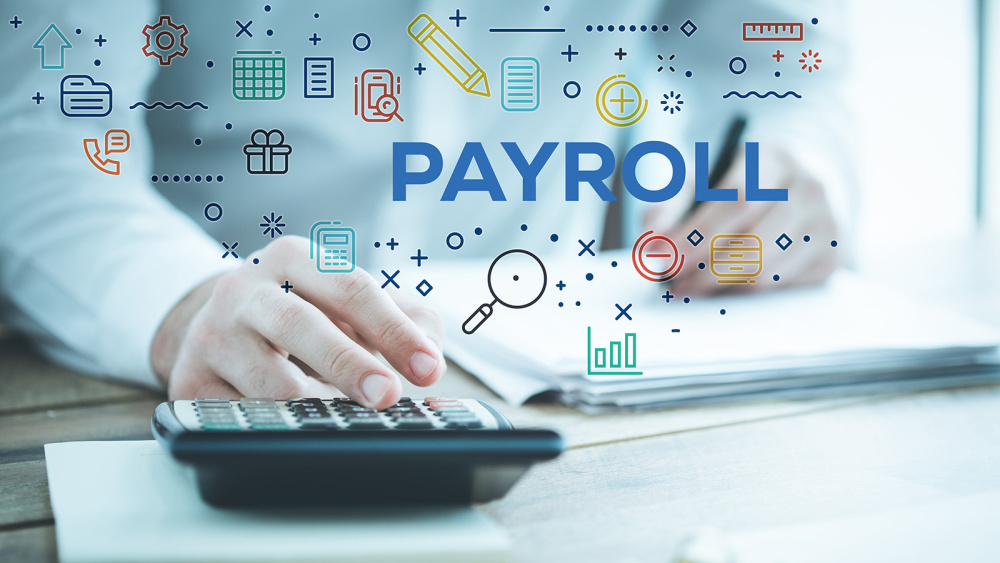23 Sep 2025
Celebrating payroll

We hope you have enjoyed Monahans Payroll Month as much as we have, and we are here to round off the month with a celebration of payroll itself.
While many just focus on the first week of September as National Payroll Week, we have gone further and examined issues over the course of the month.
Payroll is one of those things that gets overlooked when it's working and devastating when things go wrong.
Let’s take a moment to celebrate the people and practices that help payroll run smoothly.
Why is payroll so complicated?
The complexity of payroll chiefly stems from our complicated connection with money and time.
As a society, we have long had a developing sense of what constitutes a fair wage for the work that is completed.
Payroll as we know it in the UK truly began in 1799 when Prime Minister William Pitt the Younger announced that all incomes over £60 per year would be taxed between one per cent and ten per cent, with those earning over £200 per year being taxed at ten per cent.
This implementation meant that more records needed to be kept to ensure that the appropriate amount of tax was being collected based on a person’s earnings.
The history of tax itself is fascinating, but not something we will go into here.
Instead, we are going to look to the future of payroll and see how you can be ready for what is coming next.
What is going to change with payroll?
As we have mentioned in another article, technology is fundamentally changing how payroll operates.
Using software to automatically handle the basic assignment of payroll is going to make the process more efficient.
However, the complex needs of payroll are unlikely to go anywhere anytime soon as Benefits in Kind will be part of payroll in 2027.
We can expect to see further synergy between HR departments and payroll systems which could signal more of a shift towards tailored, human approaches to assigning pay.
Some businesses have already moved away from monthly payments and are preferring to pay eomployees more regularly.
If payroll systems become simple, or more automated at least, then employers wil have greater control over how they handle paying employees.
One of the changes we would want to see is a greater focus on fiancnial literacy.
Every employee should be receiving a payslip and this can be transformed into a valuable resource to help them understand their earnings and deductions.
This move towards better payroll hygiene may be a product of automation making payroll compliance simpler, thus giving business owners greater scope for adopting better practices.
When paired with automated time tracking, payroll could see overtime better rewarded as systems grow to detect when an employee stays on to be productive and when they are making up for lost time.
Fundamentally, we are excited for the future of payroll, and look forward to supporting many more businesses in the years to come.
If you want any advice, support, or guidance about payroll, we are here to help.
Let’s embrace the future of payroll together. Speak to our team today!
Neil Manuel